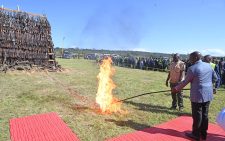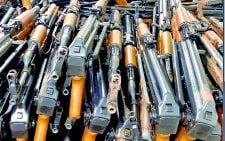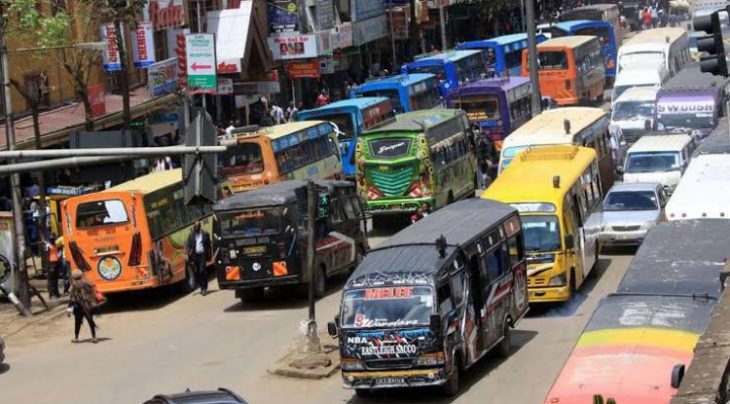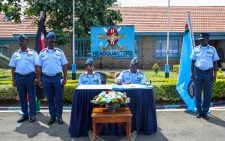State calls for coordinated response to illicit arms flow with EA region
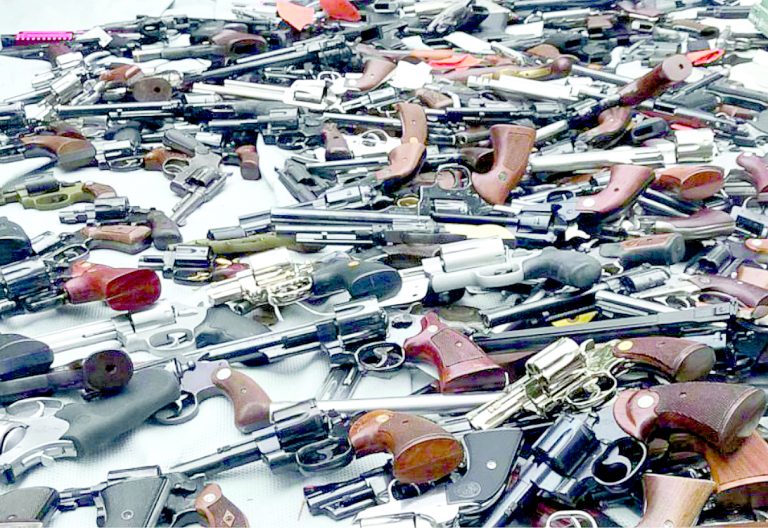
Kenya is pushing for a more united and coordinated regional response to track and disrupt illicit arms flows and deal with the escalating regional threat.
Internal Security Principal Secretary Dr Raymond Omollo, on June 10, 2025, warned that apart from the presence of illicit arms in the region, there were also practical vulnerabilities within and between the states that continue to fuel conflict, facilitate crime, contribute to instability, and humanitarian crises.
While speaking during the Regional Centre on Small Arms (RECSA) Forum for Government Experts on small arms, the PS said the collaborative efforts would also lead to improved capacity for firearms tracing and marking to reduce illegal possession, misuse and trafficking.
“No single nation can overcome this crisis alone, and every delay results in more lives lost and more families displaced,” he said.
This year’s RECSA Forum for Government Experts coincides with the Centre’s 20th anniversary commemoration.
The PS also challenged regional partners in the Great Lakes and the Horn of Africa to move from policy promises to practical solutions in the fight against illicit arms, which continue to destabilise communities and undermine development across the region.
He also said it was high time the 15 Member States of the RECSA matched words with action, citing the urgent need for a united and coordinated response to the escalating regional threat.
Speaking at the opening of the RECSA Forum for Government Experts on SALW, Dr Omollo emphasised that the problem lies less in policy gaps and more in persistent enforcement failures, porous borders, and the lack of coordinated regional response.
The Executive Secretary of RECSA, Jean Pierre Betindji, also said funding has been secured from the Government of Austria to roll out Physical Security and Stockpile Management (PSSM) training for Francophone member states over the next five years.
“This initiative builds upon the success of similar training for our Anglophone member states, where over 500 officers have already been trained,” Betindji said.
According to the Director of the Kenya National Focal Point on Small Arms and Light Weapons (SALW), Jacinta Muthoni, the team of experts will deliberate on key reports assessing the region’s progress in arms control, including the implementation of past Council of Ministers’ resolutions, and the Nairobi Protocol.

